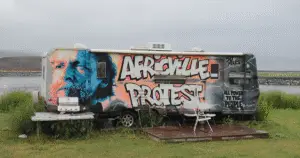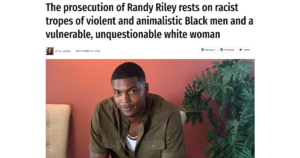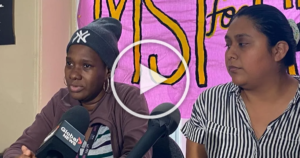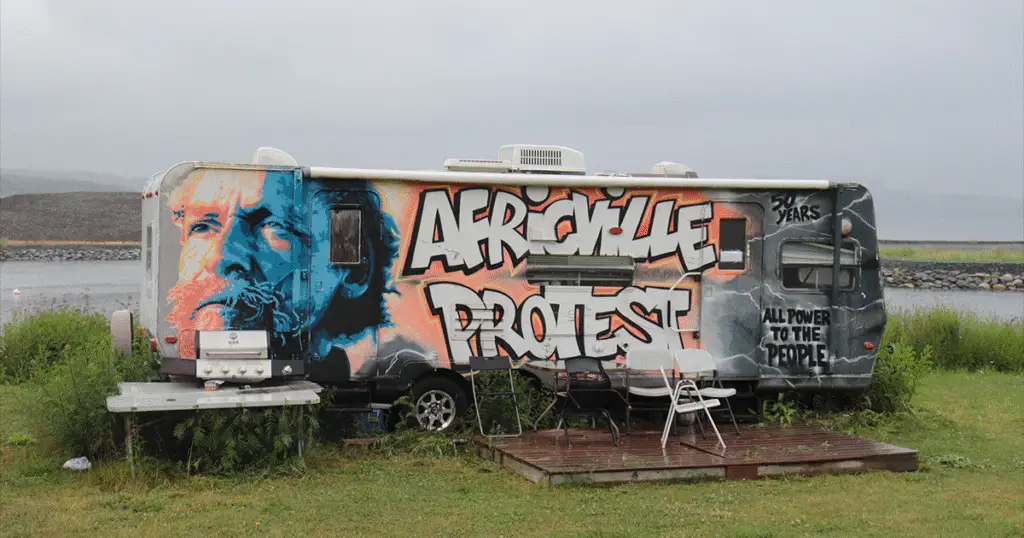
BlackNovaScotia.ca is issuing this statement to update Black Nova Scotians and the Black community at large on a critical legal matter that speaks directly to our collective history, land rights, and the long shadow of displacement: the ongoing Africville litigation.
Many in our community are familiar with Africville in broad terms – a once-thriving Black community on the shores of the Bedford Basin in Halifax, forcibly dismantled in the 1960s under the guise of urban renewal. Homes were bulldozed. Families were displaced. No meaningful compensation was offered at the time. The name “Africville” has become a symbol of anti-Black racism in Canada – a shorthand for what was lost. But if we stop there, we miss what is still at stake.
Why Speak Up Now?
This past year, renewed legal efforts from original Africville residents and descendants, such as Eddie and Victor Carvery, have pushed back into court to seek justice that was never fully delivered. These are not just symbolic gestures. These are legal actions with real implications for land reclamation and financial redress.
In 2010, the City of Halifax issued a public apology and reached a mediated settlement with the Africville Genealogy Society. That settlement included $3 million and a reconstructed church, now operating as a museum. But not everyone signed onto that agreement. Many survivors and descendants, particularly those excluded from early negotiations, felt the offer fell short – not just in dollars, but in dignity.
A class-action lawsuit seeking broader justice was filed, but in 2018, it was denied certification due to legal technicalities. That did not end the struggle. Smaller groups of plaintiffs have continued to fight for what they believe is owed, not just as individuals, but on behalf of an erased community.
Most recently, in early 2025, the case returned to court in Nova Scotia. Plaintiffs continue to call for either the return of land that was once theirs, or proper compensation for its loss. These hearings are part of an ongoing process that could shape legal precedent in Canada concerning race-based displacement.
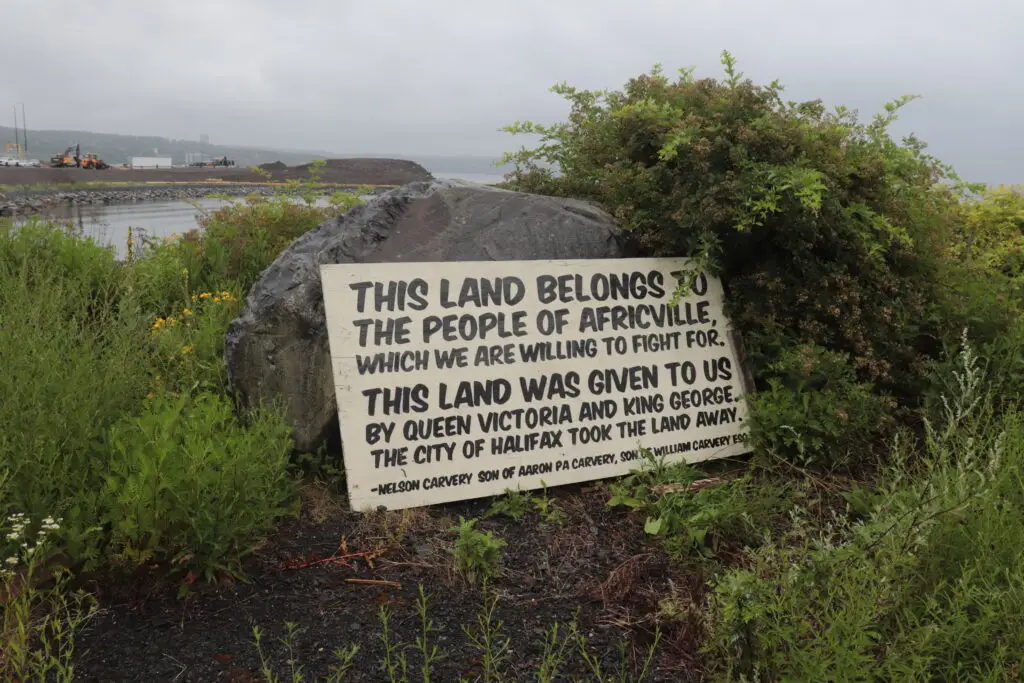
Why This Still Matters – Especially to Us
To Black Nova Scotians, those born here, those who’ve come here, and those who trace roots here, Africville is not just a chapter in a textbook. It is a living, unresolved question: What happens when a government can erase a Black community and move on without consequence? What happens when history becomes heritage, but not repair?
When we reduce Africville to a symbol or a slogan, we risk stripping it of its legal and political weight. We owe it to ourselves – and especially to the next generation – not just to remember, but to understand. This is not about nostalgia. This is about land, law, and legacy.
We encourage our community to stay informed, and more importantly, to stay connected. Whether you have direct lineage to Africville or simply care about Black justice in this province, this case concerns all of us.
Because if the displacement of Africville can go unanswered, so can the next injustice. And we are not here to let that happen.
In solidarity,
BlackNovaScotia.ca

